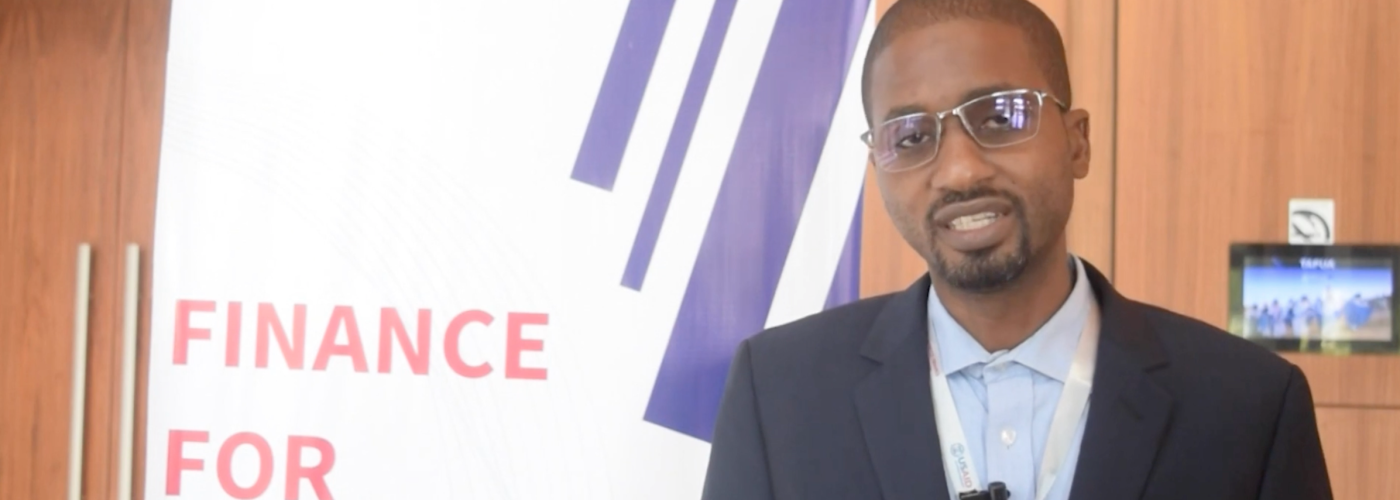Incentivizing Financial Partners to Provide Loans to Women and Youth in Niger’s Agriculture Sector
Image

Niger, a landlocked country in the Sahel, faces numerous threats such as terrorism and climate change. As more than 80% of Nigeriens rely on subsistence agriculture, increasing food security and resilience through access to finance for agriculture sector actors is essential to combat the threats the country faces. To support small businesses in remote and frequently unstable regions to access financing, the USAID CATALYZE Finance for Resilience (F4R) activity mobilizes private capital to increase financing to support capital investments in target agricultural value chains: cowpea, small ruminants, and poultry. Using a Pay-for-Results (P4R) approach, CATALYZE F4R incentivizes local financial institutions (FIs) and financial facilitators (FFs) to loan to micro, small- and medium-sized enterprises (MSMEs) in targeted sectors.
CATALYZE F4R also facilitates the development of professional networks between FIs and FFs by incentivizing them to work collaboratively to support applicants throughout the loan lifecycle. These professional relationships and FF trainings are helping to professionalize the FF role, and it is happening faster than the project anticipated.
During a recent visit to Niger’s Maradi region, CATALYZE F4R conducted one-on-one discussions with partners, including Moussa Saley Zouzou Oumara, an FF partner. Since joining CATALYZE F4R, Oumara has mobilized $412,000 in private capital, and his own organization has expanded from one to six people in response to client interest.
In addition to mobilizing capital, Oumara and his team have connected 78 women and youth-led enterprises with the financial resources needed to grow their organizations. He credits projects like CATALYZE F4R and the financial incentives of the P4R approach with encouraging more widespread efforts to engage marginalized groups in the target agricultural value chains; noting “[the] additional financial incentives, allowed us to include considerably more youth and women in the agricultural value chain in our client portfolio. The latter, generally vulnerable and/or low-income, are mostly from rural areas, and most are unaware of the process and conditions for obtaining loans from FIs. CATALYZE F4R’s support has enabled us to reach out to youth and women entrepreneurs who lack support for their business development plan.”
CATALYZE F4R has supported access to financing for 387 enterprises across the agricultural sector in Niger. Of these, 79.59% are women-led or women-owned and 16% of are youth-led while 7% are jointly led with youth.
Oumara noted the activity’s focus on building relationships among FFs and FIs, with CATALYZE F4R’s technical team, and with other value chain stakeholders as key for sharing best practices, addressing issues, and increasing the awareness of opportunities.
“When we connect with clients,” Oumara said, “we immediately understand that the majority are not knowledgeable about the financing process and the different application requirements. First, we listen to understand their business. Once their needs have been determined, we advise, and help them draw up a business summary/plan. Then, according to their financial needs, we connect them to the most appropriate FI.”
Oumara credited F4R trainings on the business processes and priority value chains with his team’s increased success in connecting value chain actors with appropriate financing (FI) partners and facilitating more successful and sustainable investments and growth opportunities. These trainings and relationships allow Oumara and his team to ensure their most vulnerable clients are set up for success with access to flexible and favorable loan terms. He notes that “thanks to the financing that we have [mobilized], our clients see their activities develop and contribute to the fight against unemployment, to the creation of direct and indirect jobs, to the payment of social charges and taxes. In general, the success of a youth or a woman incites others to start their own business.”
By establishing a network of FFs and FIs throughout Niger, CATALYZE F4R is ensuring that even after the activity ends, these financial entities will continue to lend to agriculture-focused MSMEs owned by women and youth. As FF partners gain experience working with both FIs and beneficiaries, they feel more confident in identifying and pursuing new opportunities for growth and expansion, knowing that they can draw upon those relationships. For example, one of CATALYZE F4R’s partner FFs recently identified the need for agricultural sector support in a region where they had not previously operated. As a result, they are now leveraging their experience as well as existing FI partnerships to engage local representatives, identify potential beneficiaries, and expand their organization.
Beyond increasing the bankability of agriculture-focused enterprises, CATALYZE F4R’s networking approach also helps bridge the knowledge gap for applicants. After experiencing the loan application process with FF support, these enterprises have the knowledge to navigate the application process successfully and a greater capability to self-advocate.
Overall, CATALYZE F4R has mobilized over $1,400,000 in private capital across Niger thanks in large part to FFs like Oumara. The collaborative support funding applicants receive through the Pay-for-Results approach has reframed FF and FI perspectives on the profitability of working with Niger’s agricultural sector.

